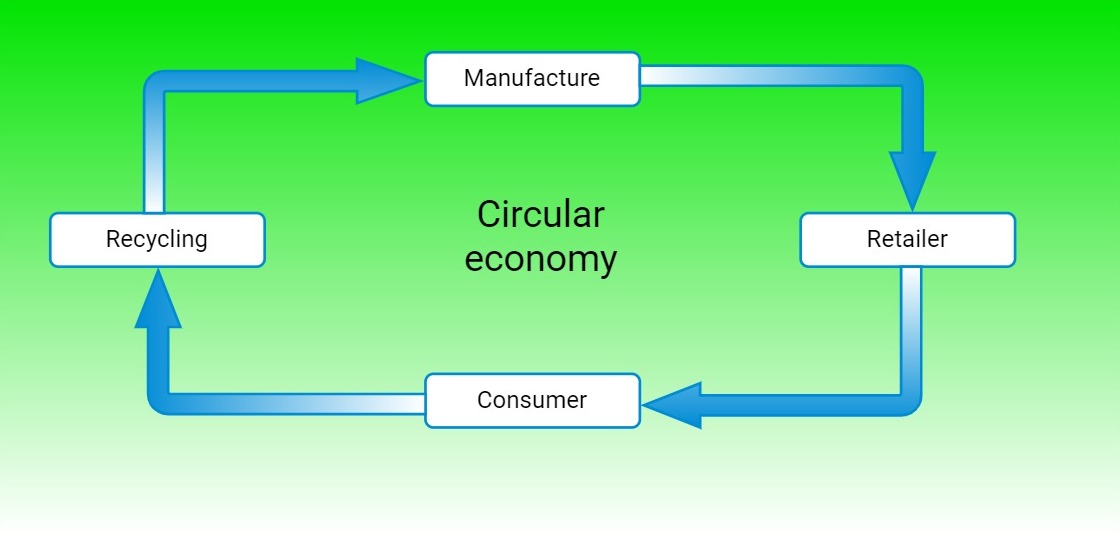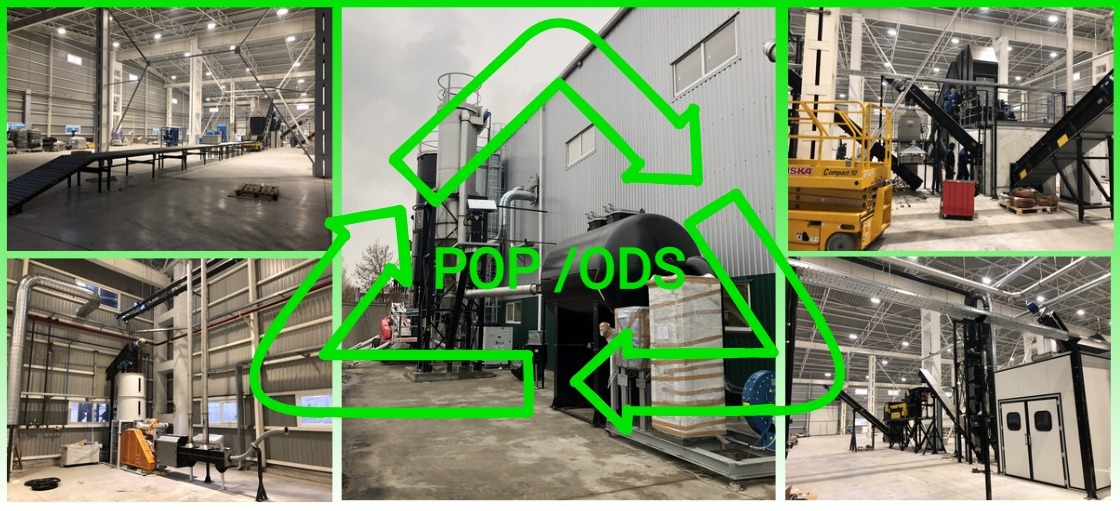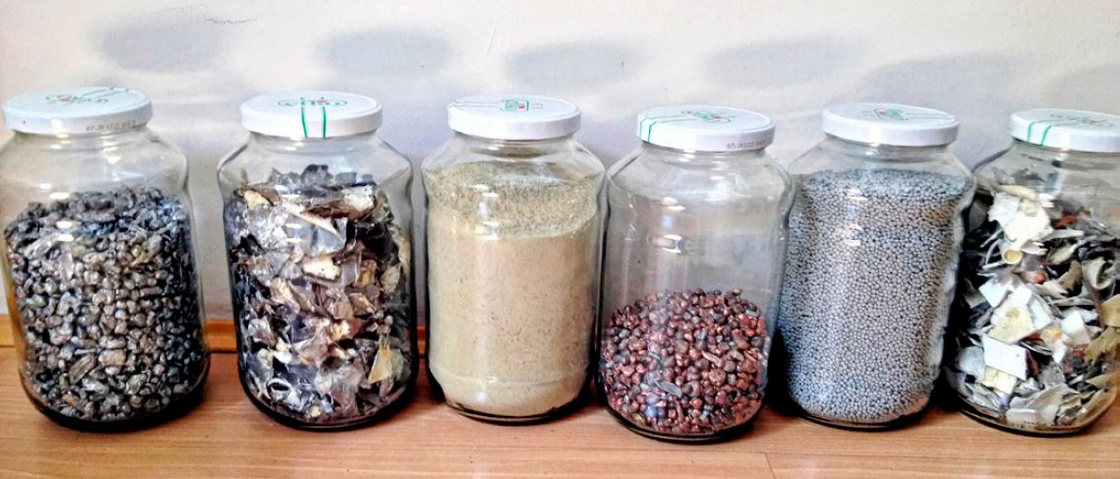Circular Economy and UNIDO Project
A man’s rapacious attitude towards natural resources inflicts immense damage to the environment and human health. If no possible consequences are taken into account, the development of industry will leave behind huge stocks of hazardous substances.
Read more: Background, Context in the participating countries
 Shergina Liya
Shergina Liya
Persistent organic pollutants (POPs) were created for pest and vegetation management and use in electrical goods. These toxic substances are extremely resistant to degradation, cause cancer, bioaccumulate, and move up the food chain.
Read more: Stockholm Convention
 Toropova Yevgeniya
Toropova Yevgeniya
Ozone-depleting substances (ODSs) are used in refrigeration circuits and heat insulation in refrigerators and air conditioners. Once being released into the atmosphere, ODSs deplete the ozone layer that protects the Earth’s surface from ultraviolet radiation hazardous for living organisms.
Read more: Montreal Protocol
 Malova Yelena
Malova Yelena
In 2015, the General Assembly of the United Nations adopted the Agenda for Sustainable Development stipulating the need to transfer from a linear to a circular economy which implies the environmentally sound and safe use of chemicals, reduction and recycling of waste, and more efficient management of natural resources.
Read more: The GEF-UNIDO Project and reduction of inequality, Social responsibility

To help countries with economies in transition and developing countries safely and effectively dispose of stockpiled hazardous substances, UNIDO and the GEF implement a regional demonstration project in Belarus, Kazakhstan, Ukraine, and Armenia.
Read more: About the Project, Comprehensive ODS and POP waste management program
 Ivanova Svetlana
Ivanova Svetlana
The project considers the organization of a regional network for collection and coordinated ODS- and POP-containing waste management, development or upgrade of relevant laws, regulations, and standards, and features application of single innovative technology for the destruction of POPs and ODSs.
Read more: Project components, Innovations for the project, UNIDO’s approach

The project involves recycling obsolete refrigeration equipment in conformity with the principles of the circular economy. ODSs are recovered from refrigeration circuits and thermal insulation for further destruction, and all the recyclable materials — glass, metal, plastics — for recycling.
Read more: ODS extraction during recycling of refrigerating equipment with subsequent destruction at new facilities, Recycling plant for refrigerators, freezers and air conditioners with incinerator

Demonstration of efficiency of the applied solutions will help to disseminate those in the region. If case of success, the project will become a pilot program for other countries with economies in transition.
Read more: Project monitoring and evaluation, Success story
 Tverdokhlebova Diana
Tverdokhlebova Diana
